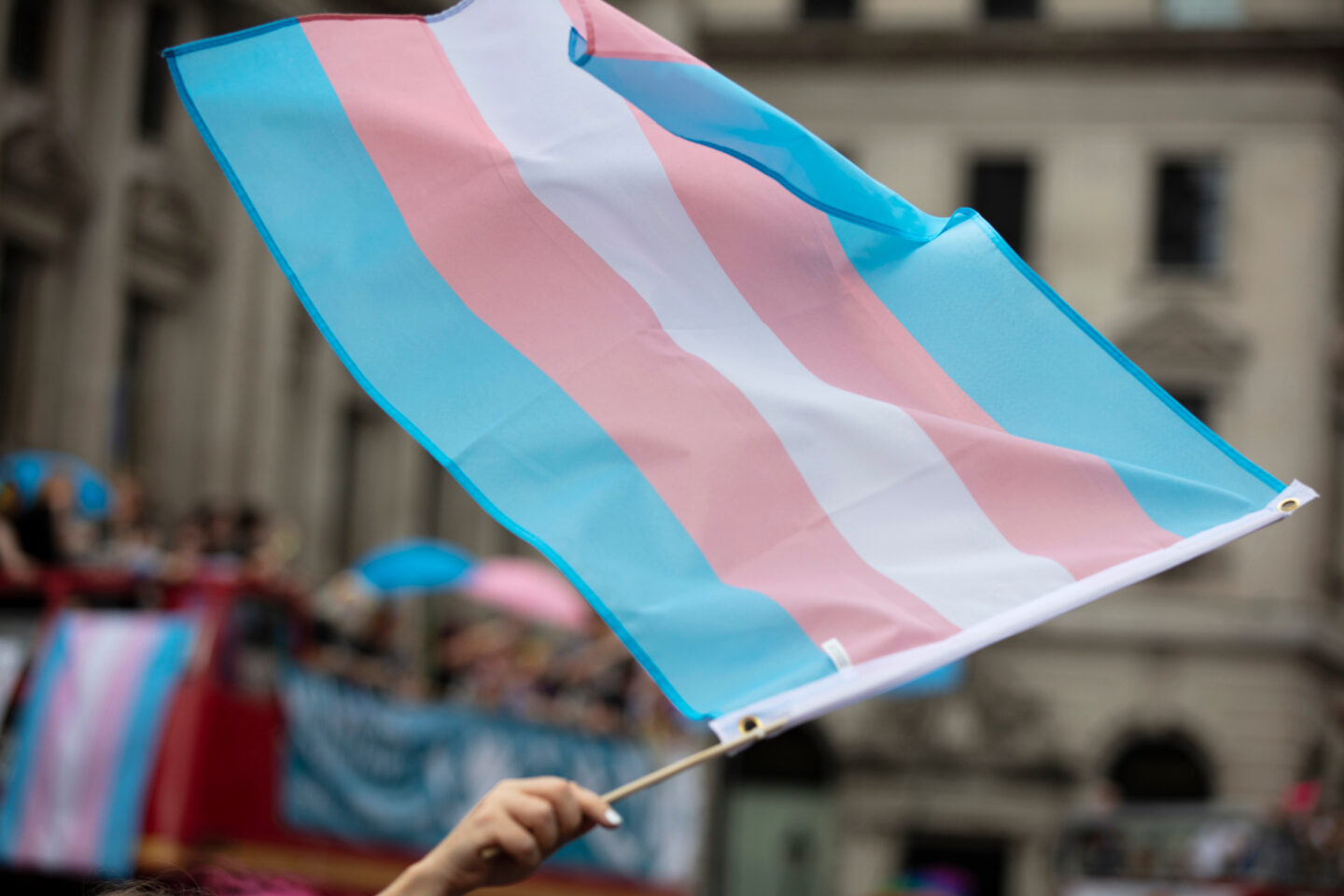
Trans discrimination in the military will be exacerbated after Supreme Court ruling
Trans women in the military will be more vulnerable than ever to harassment and bullying after the Supreme Court ruling on gender, I believe.
The Football Association and British Transport Police have already changed their policies as a result of the April 2025 ruling, which confirmed the terms ‘women’ and ‘sex’ in the Equality Act 2010 refer to biological women and biological sex.
In particular, the judgement states that if a space is designated as ‘women-only’, a trans woman (whose sex assigned at birth is male, but their gender identity is female) does not have the right to use that space.
Services such as the NHS and prisons must soon provide updated codes of conduct and policies in accordance with the judgement, which will affect spaces including changing rooms and hospital wards.
The intensifying impact of the judgement has put the rights of trans women under threat and trans women are gradually being excluded more and more from society. This leaves them more vulnerable to bullying and harassment, which might be exacerbated within the Armed Forces.
In an environment where cis women only account for 11.7% of the total number of service personnel, who are subject to harassment and sexual violence on a daily basis, it is inevitable that trans women, who make up a far smaller percentage of the Armed Forces, will experience even greater levels of discrimination.
And with the ruling drawing so much negative attention to trans women because of its exclusionary nature, trans women may be a more significant target for bullying and harassment.
How the ruling could affect the Armed Forces
Serving personnel are currently separated by gender for living quarters, changing rooms and bathrooms, with trans soldiers being able to use and live in the spaces that correspond with their gender identity rather than their biological sex.
However, there is now uncertainty as to how the Ministry of Defence (MOD) will change its policies around gendered spaces to align with the judgement, with a high likelihood of trans women being made to live in and share spaces with cis men.
Not only would this undermine and disrespect trans women’s gender expression, but it may make them even more vulnerable to abuse and sexual violence.
The impact already
The court case was brought by the campaign group For Women Scotland (FWS), which was challenging the Scottish Government’s 2018 decision to include trans women under the definition of the term ‘woman’.
FWS believe women should be protected by their biological sex, which prompted a revision of the legal definition of a woman by the Supreme Court this year to provide greater clarity on the matter.
This ruling has had many negative implications on trans women, many of whom have called it an attack on trans rights.
Already, the Football Association has announced trans women will no longer be able to play in women’s football in England, which has led to their exclusion in this field.
The British Transport Police have stated that, whilst someone with a Gender Recognition Certificate (GRC) could previously be searched by someone of the same gender identity as them, officers have now been instructed that same sex searches in custody be performed by someone of the same biological birth sex as the accused.
‘It’s getting harder and harder and harder to exist’
The uncertainty surrounding how the MOD will eventually amend its policies around gendered spaces, coupled with trans women’s wider ostracism from society, might lead trans women to experience a sense of not belonging, making them more vulnerable and at risk to bullying and harassment.
Helen Belcher, a Liberal Democrat councillor for Wiltshire, said: “It’s getting harder and harder and harder to exist as an openly trans person in this country.”
It is therefore more important than ever to support trans women and the trans community, particularly those serving in the Armed Forces.




